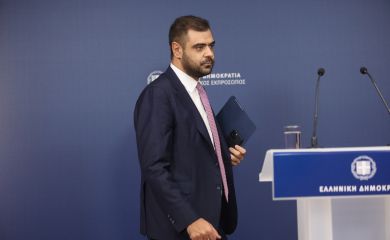However, more often than not, this phrase is used to convey synergy, which exists between individuals working together in a cooperative effort. Collectively, they are able to achieve an outcome superior to that of one or two people working alone.
Emma Stone clearly used Aristotle’s phrase in the latter context, to highlight how it was everybody on set: the crew, actors, director, which made the film everything that it was, and no one individual could have done it alone.
Ancient Greek Philosopher Aristotle
Very little is known about ancient Greek philosopher Aristotle’s life. He is thought to have been born in the city of Stagira in northern Greece during the Classical period. His father, Nicomachus, died when Aristotle was only a child, and the future philosopher was raised by a guardian.
In his late teens he joined Plato’s Academy in Athens and stayed there until the age of 37 (around 347 BC). Not long after Plato died, Aristotle left Athens and, at the request of Philip II of Macedon, tutored his son Alexander the Great. He established a library in the Lyceum, which helped him to produce many of his hundreds of books on papyrus scrolls.
Though Aristotle wrote many elegant treatises and dialogues for publication, only around a third of his original output has survived, none of it intended for publication. Aristotle provided a complex synthesis of the various philosophies existing prior to him. His teaching and methods of inquiry have had a significant impact across the world, and remain a subject of contemporary philosophical discussion.
Aristotle’s views profoundly shaped medieval scholarship. The influence of his physical science extended from late antiquity and the Early Middle Ages into the Renaissance, and was not replaced systematically until the Enlightenment and theories such as classical mechanics were developed.
Emma Stone quoted Aristotle, one of the greatest thinkers in history during an acceptance speech she gave after winning an Oscar for a role she played in another great Greek’s work, Yorgos Lanthimos.
See all the latest news from Greece and the world at Greekreporter.com. Contact our newsroom to report an update or send your story, photos and videos. Follow GR on Google News and subscribe here to our daily email!




























Το σχόλιο σας